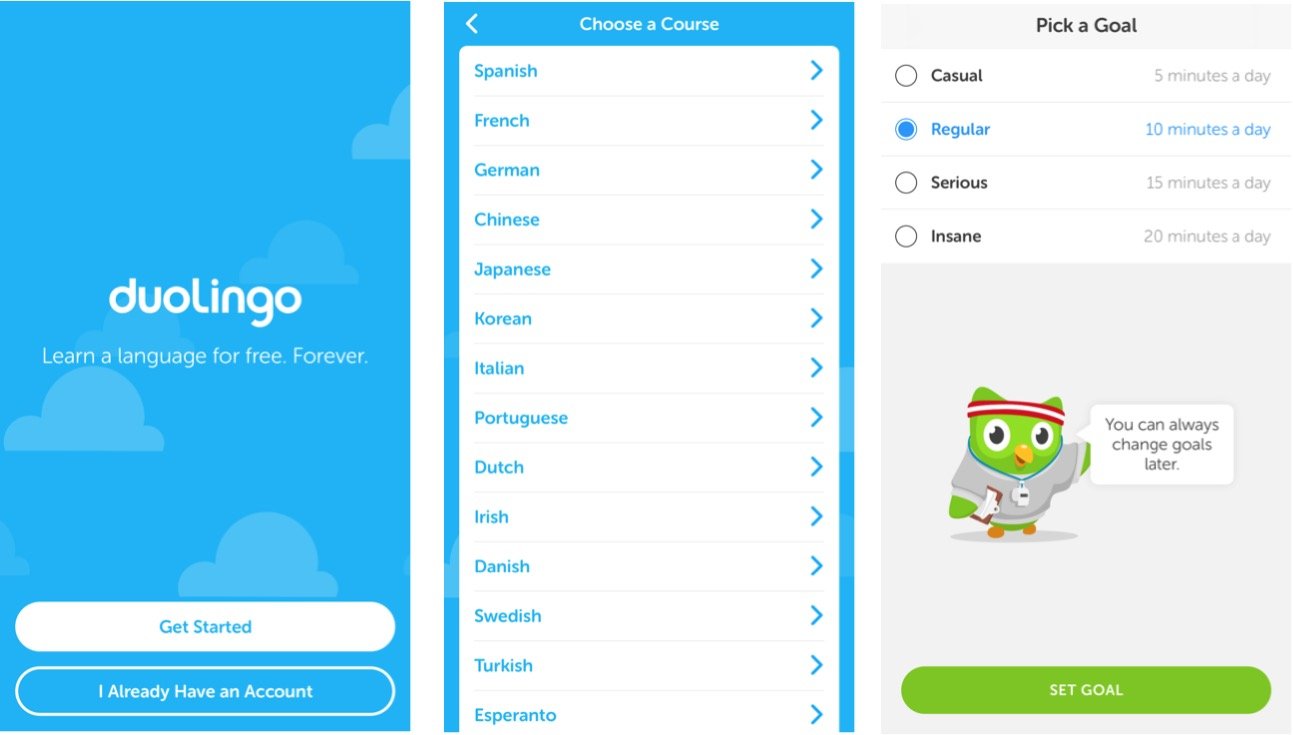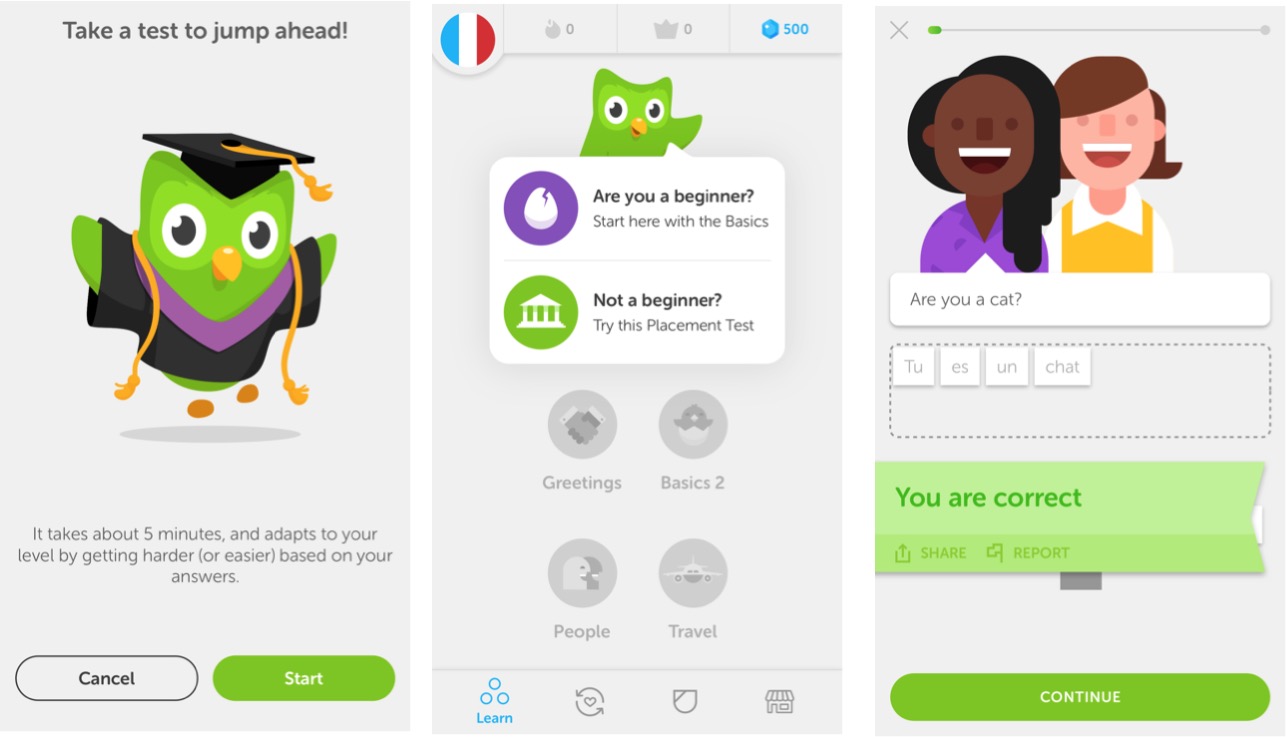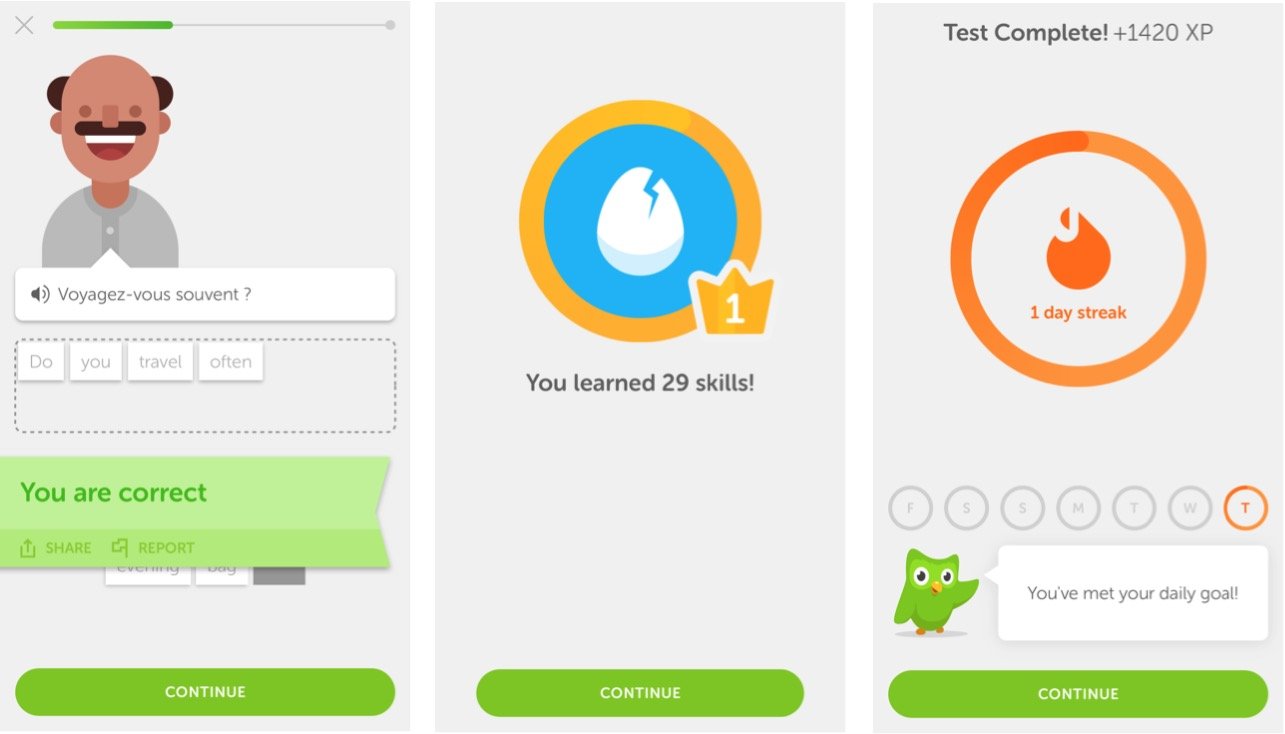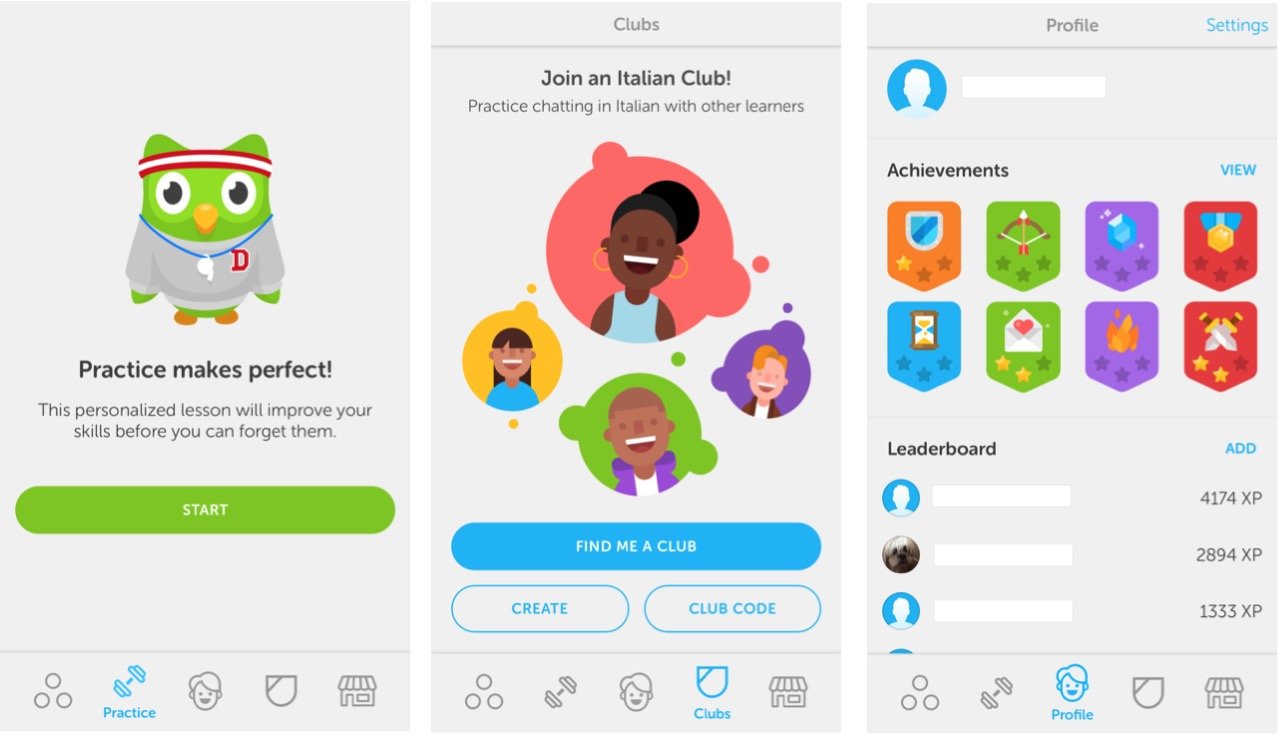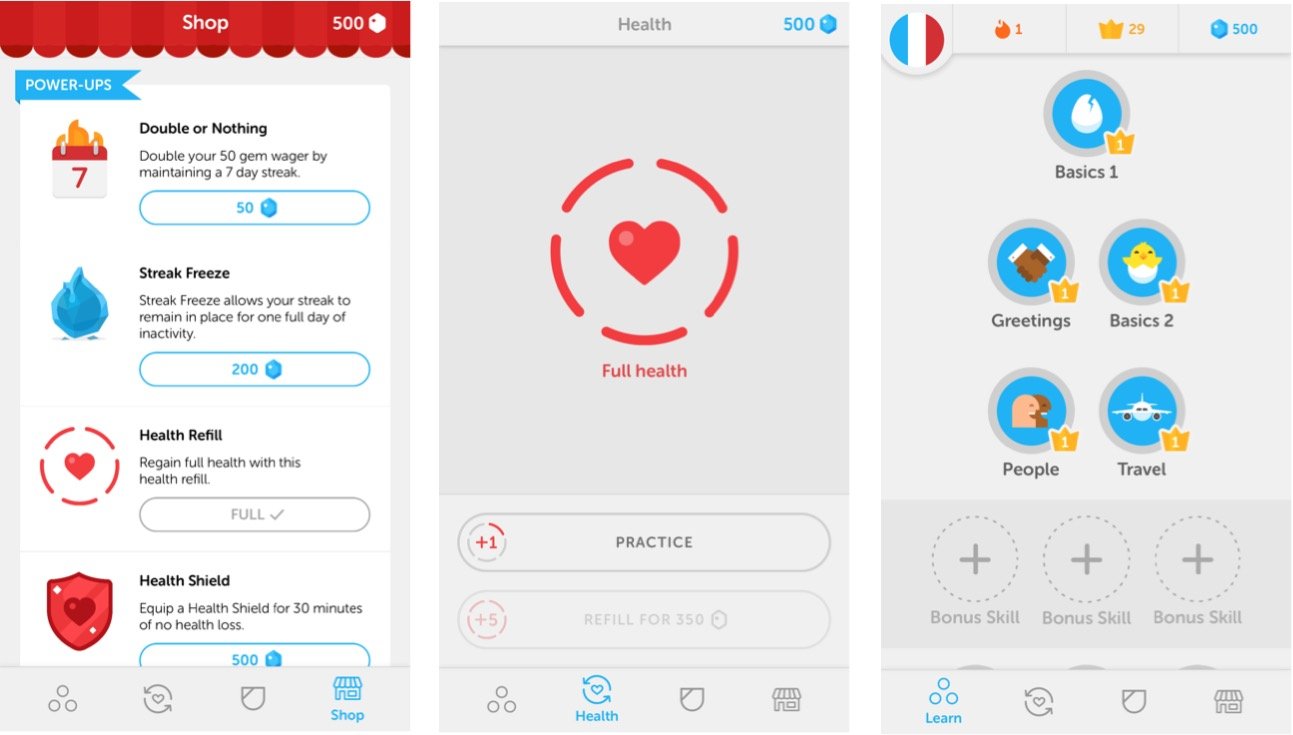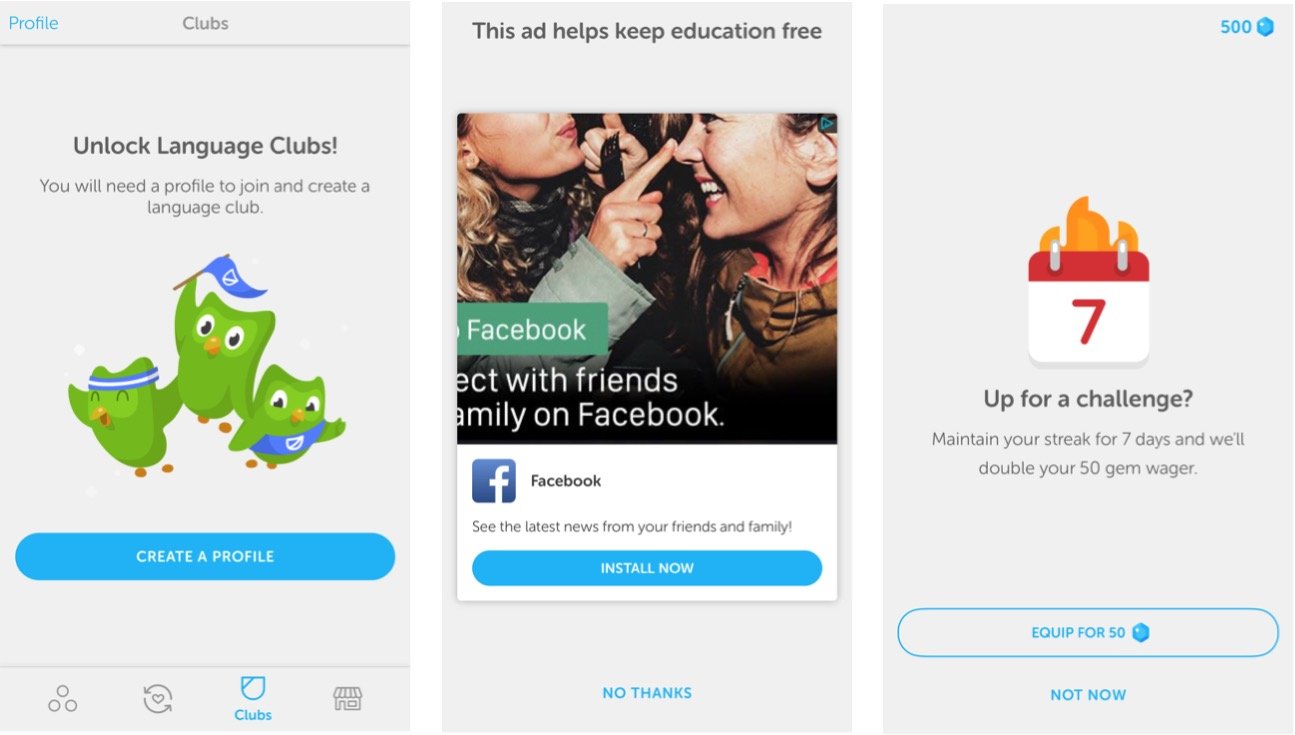Kids projects: Learn a new language with Duolingo on your iPhone or iPad
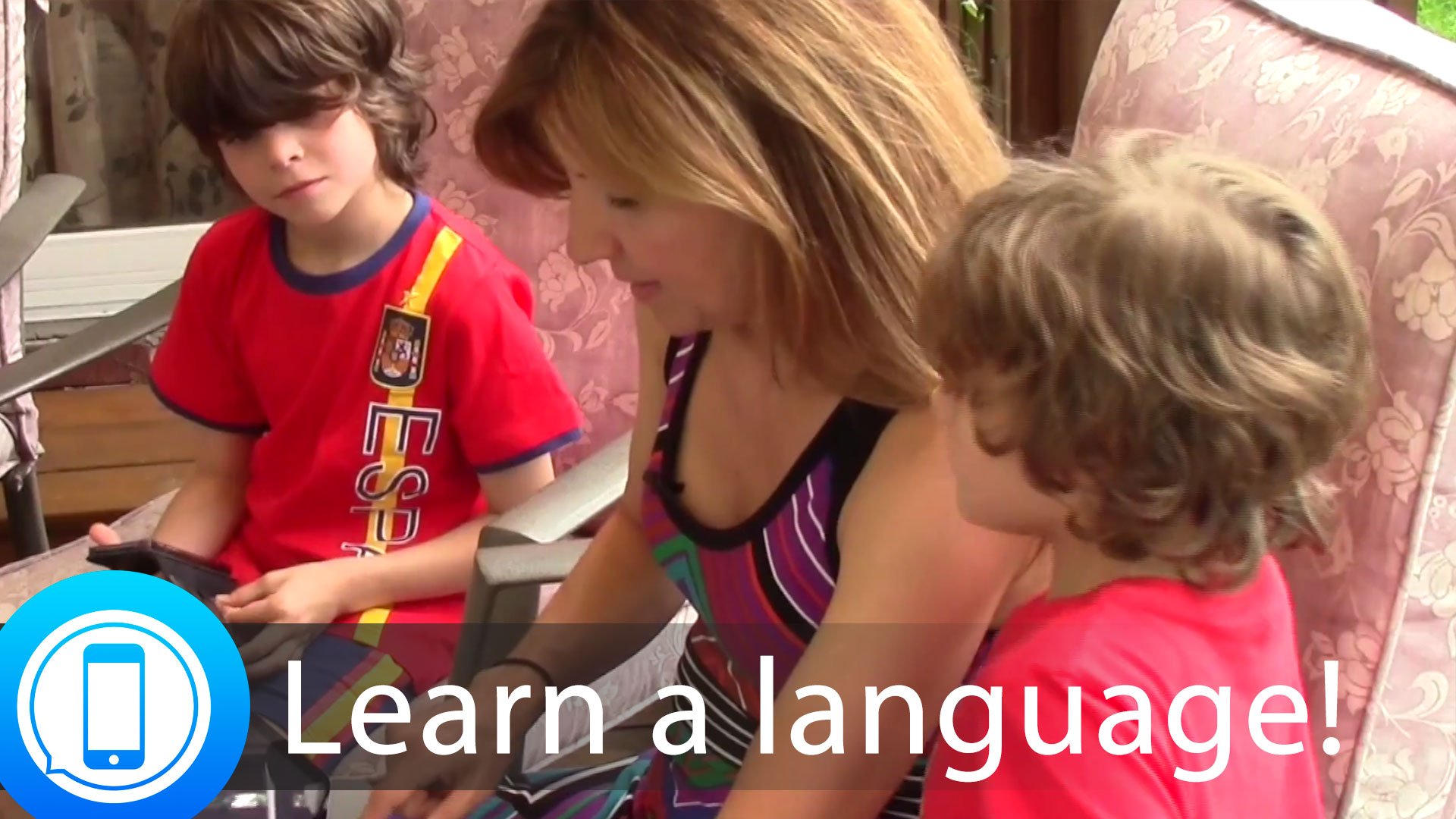
iMore offers spot-on advice and guidance from our team of experts, with decades of Apple device experience to lean on. Learn more with iMore!
You are now subscribed
Your newsletter sign-up was successful
Summer means the days are long, work gets a break, schools let out, and we have time for some fun in the sun. It also means we have time to expand our horizons, to learn and do new and exciting things. One such thing is learning a new language. How we communicate and how we think are limited only by our command of language, beautiful, lyrical, contextual, nuanced, delicious language. And apps like Duolingo make it easier than ever to learn a new language, to do it from your deck or poolside, from your living room or hotel room, and right on your iPhone and iPad
- Duolingo - Free - Download now
Duolingo on iPhone or iPad is perfect for kids, and for kids of all ages. It's free to use and you can log in with Facebook or Google+, or create a Duolingo account, and then you're all set to get going.
Getting started with Duolingo on iPhone and iPad
To start choose a course you want to start with. The list is long and there is certainly something for everybody. It's free with some ad placement but for a monthly fee of about $15 you can remove ads and learn offline.
If you're already familiar with the language you can take a short, 5-minute "placement" test to skip ahead.
If you're brand new, you can start with the basics. Lessons include different types of exercises like picture matching, translation through typing, translation through word assembly, multiple choice, and even speaking into the microphone.
Duolingo changes them up as well, so if you ever have to or want to repeat a section, it's never the same way twice.
The best kind of challenge
Duolingo gamifies all this to make it fun and to encourage you to keep going. When you complete a section, you get points and bonuses. There's Game Center integration and a leader board so you can follow your friends and try to keep ahead of them. You can even set daily goals to make sure you keep up with your learning.
iMore offers spot-on advice and guidance from our team of experts, with decades of Apple device experience to lean on. Learn more with iMore!
That game-like design and interactivity makes it perfect for kids, but is also a great way to keep a whole family, group of friends, or co-workers engaged. It makes learning challenging in the funnest sense of the word. To take it up a notch, you can go to the practice area and compete against another learner or yourself or even join a language club.
For kids especially, but for everyone, it's great to set up a schedule or framework. We're all creatures of habit, and it can be as hard to start something new as it is easy to keep going once you've really gotten started.
The keys to linguistic success
Put it in your or everyone's schedules to do a lesson or two before bed. It takes no more time than reading a short story, playing a game, or browsing a social network. Make it a rule that Duolingo has to be "played" first for a lesson or two before any other game can be played. If you use a point system, Duolingo can be used to earn points for games, TV, or other activities. If you're using it strictly for adults, whomever is atop the leaderboard can get their lunch or drinks covered at the next get-together. Get creative!
Learning a new language is an incredible gift to yourself, your kids, your family, your friends, or your team. It will allow you to communicate with more people and think in more ways than ever before.
I've set a goal to learn some Italian this summer. I might brush up on my French as well! If you're looking for a fun summer project, give learning a new language with Duolingo on your iPhone or iPad a try!

Rene Ritchie is one of the most respected Apple analysts in the business, reaching a combined audience of over 40 million readers a month. His YouTube channel, Vector, has over 90 thousand subscribers and 14 million views and his podcasts, including Debug, have been downloaded over 20 million times. He also regularly co-hosts MacBreak Weekly for the TWiT network and co-hosted CES Live! and Talk Mobile. Based in Montreal, Rene is a former director of product marketing, web developer, and graphic designer. He's authored several books and appeared on numerous television and radio segments to discuss Apple and the technology industry. When not working, he likes to cook, grapple, and spend time with his friends and family.
